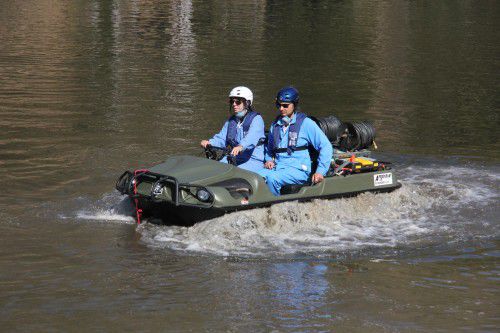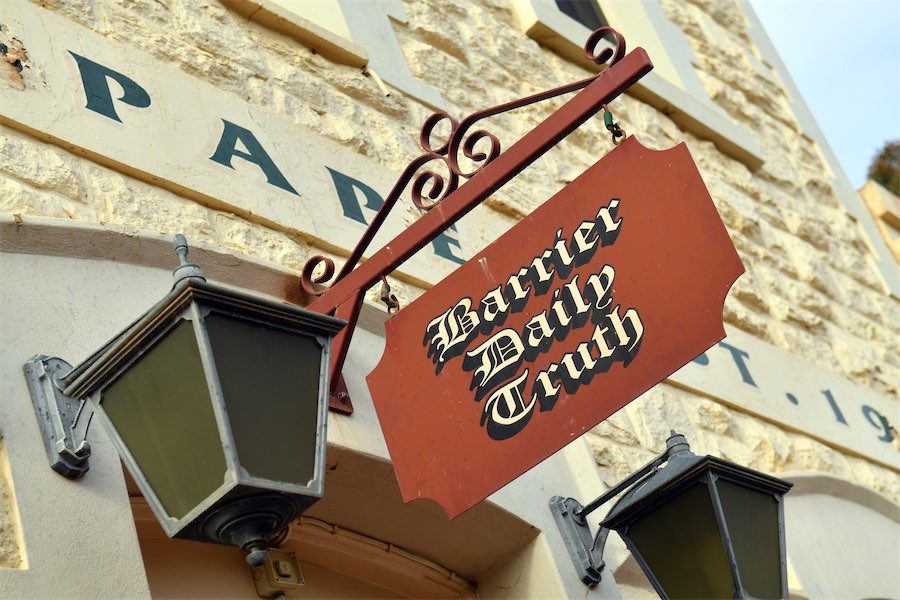THE ACT Government has announced that 16,000 hectares of environmental weed control was undertaken across the Territory in 2013/14.
The Director of the ACT Parks and Conservation Service Daniel Iglesias said an extensive weed control program was conducted this year. Rangers used a variety of innovative control methods to manage weeds in the ACT including African lovegrass, blackberry, gorse and serrated tussock.
“Rangers started using a new off-line smartphone mapping system called Memory-Map to record areas treated for weeds. The app made mapping and recording weed control work quick and easy and reduced our reliance on paper records,” Iglesias said.
“An amphibious eight-wheeled vehicle was also employed. The vehicle can transport two workers equipped with a 200 litre tank of herbicide across rough terrain around ACTwaterways, allowing them to manage otherwise inaccessible infestations.
“The ACT Government also had a helping hand from the miniscule eight-legged gorse spider mite. The creatures feed exclusively on gorse, a plant native to western Europe, now listed as a weed of national significance in Australia. The mites were introduced to a site at Bruce to establish a colony population for use on other sites.
“The 16,000 hectares of environmental weed control in 2013/2014 cost approximately $2.4 million, of which 3,000 hectares was roadside control work. The remaining control work covered 8 per cent of the total area of the ACT’s conservation reserves.
“In 2014/2015 there will be consolidation and follow-up with an expected budget of $2.1 million for weed control. This will allow for 784 projects across the ACT from Namadgi National Park in the south to Dunlop Grasslands in the north.
“It is expected that up to 10,000 hectares of control work will occur in conservation reserves with up to 3,000 hectares of roadside weed control work. The roadside work not only protects neighbouring conservation reserves but protects rural grazing lands and other farms.”
Who can be trusted?
In a world of spin and confusion, there’s never been a more important time to support independent journalism in Canberra.
If you trust our work online and want to enforce the power of independent voices, I invite you to make a small contribution.
Every dollar of support is invested back into our journalism to help keep citynews.com.au strong and free.
Thank you,
Ian Meikle, editor





Leave a Reply